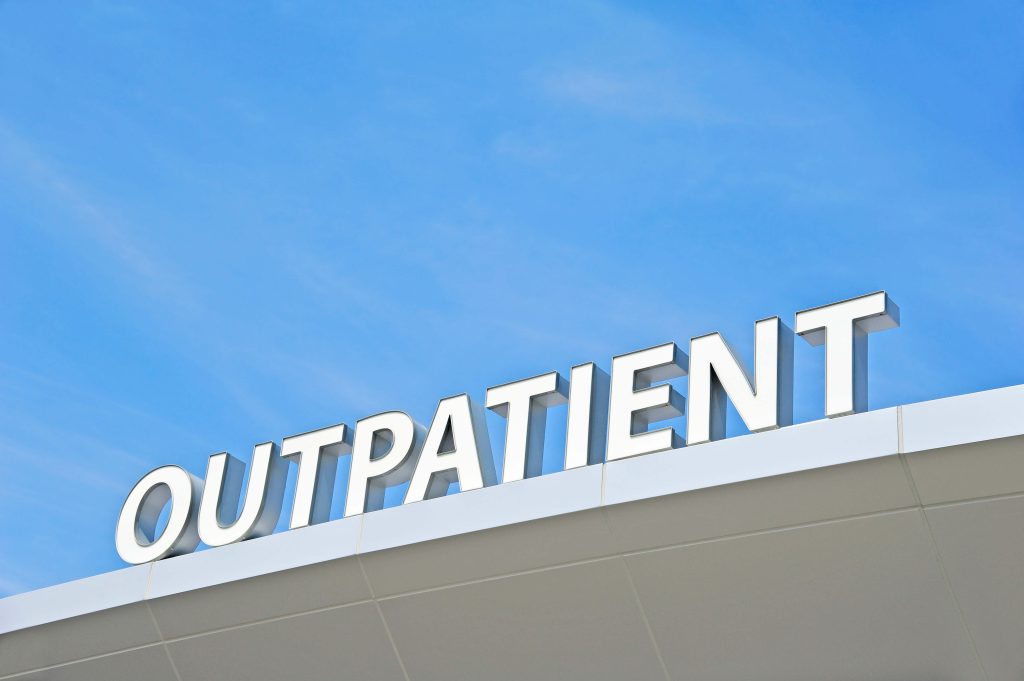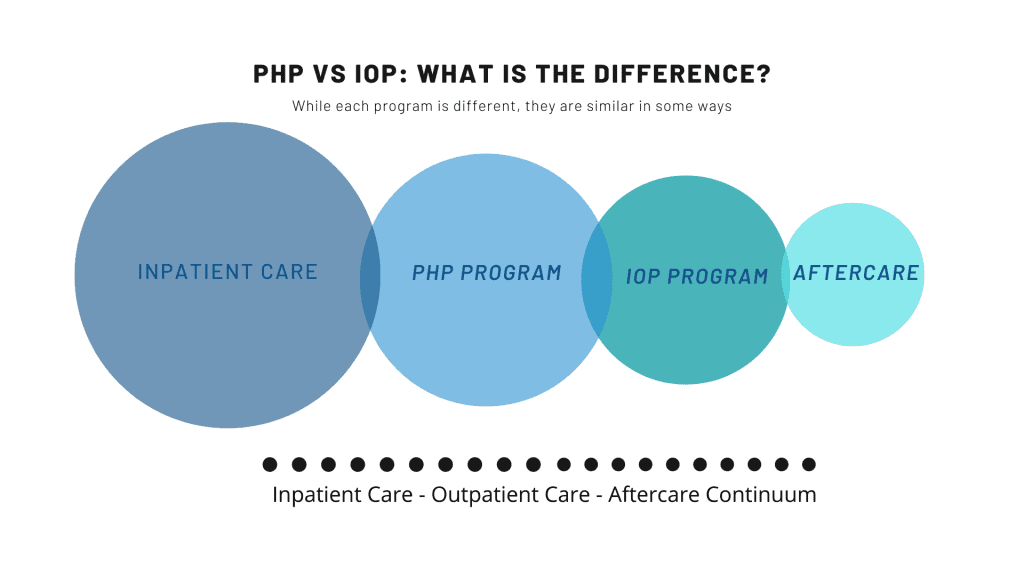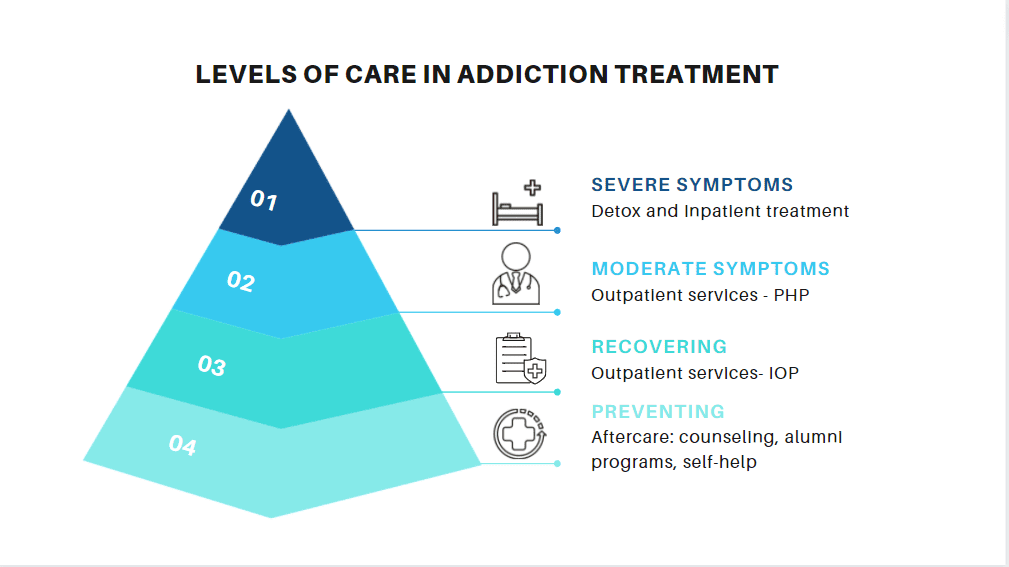Day Programs For Adults With Schizophrenia In Los Angeles
Navigating life with schizophrenia can be challenging. Fortunately, with the evolution of mental health care, there are now diverse treatment avenues available, tailored to meet individual needs. For many, day programs like Intensive Outpatient Programs (IOP) and Partial Hospitalization Programs (PHP) present a balanced approach, offering robust care while letting individuals remain integrated within their community. Lifescape Recovery, with its commitment to holistic healing and situated in the bustling city of Los Angeles, has become a beacon for adults with schizophrenia seeking these programs.

Understanding Schizophrenia: The Basics and Beyond
Schizophrenia, a chronic and severe mental health disorder, alters a person’s thoughts, emotions, and behaviors, often disconnecting them from reality. It isn’t a singular, uniform condition. Instead, it spans a spectrum with various subtypes, each presenting unique challenges.
Types of Schizophrenia Suited for Outpatient Treatment
Paranoid Schizophrenia
While this form involves intense delusions or auditory hallucinations, individuals typically retain their cognitive and emotional faculties. Their thought processes, minus the delusional content, remain coherent, making outpatient programs like those at Lifescape Recovery effective.
Schizoaffective Disorder
This subtype intertwines symptoms of schizophrenia with mood disorders. Given its dual nature, a comprehensive approach involving antipsychotic medications, mood stabilizers, and therapy—as offered in IOPs and PHPs—can be remarkably effective.
Residual Schizophrenia
After the more severe symptoms recede, some individuals persistently experience milder hallucinations or delusions. Lifescape’s day programs focus on therapy and long-term symptom management for these cases, aiding in the journey of recovery.
Advantages of IOP and PHP at Lifescape Recovery

Flexible Schedules
While mirroring the intensity of inpatient treatment, day programs allow for more flexibility. Patients can continue to live at home, maintaining some normalcy and familial connections, which often aids recovery.
Comprehensive Treatment Modalities
From group therapies to individual counseling, and medication management to holistic treatments, Lifescape Recovery’s IOP and PHP offer a broad spectrum of interventions tailored to each patient’s needs.
Community Building
Being part of a therapeutic community fosters understanding, acceptance, and mutual support. Sharing experiences with peers in similar situations can be therapeutic and fosters a sense of belonging.
Skill Development
Beyond treating symptoms, Lifescape Recovery’s programs emphasize building life skills—managing stress, improving communication, and enhancing problem-solving abilities, equipping individuals for the challenges of daily life.

Concluding Thoughts
Schizophrenia, despite its challenges, doesn’t define a person. With the right support and treatment, many affected can lead fulfilling, independent lives. Los Angeles, home to progressive facilities like Lifescape Recovery, is at the forefront of offering transformative day programs that cater to the unique needs of adults with schizophrenia, ensuring they aren’t just treated but truly understood and empowered.


Schizophrenia is more than just a diagnostic term. It encompasses a spectrum of symptoms and experiences, profoundly altering how a person interacts with the world. Contrary to pop culture portrayals, schizophrenia does not denote a split or multiple personalities. Instead, its name, derived from Greek words “schizo” (split) and “phrene” (mind), metaphorically portrays the scattered or fragmented thinking commonly associated with it.
Published: October 03, 2023
Last Updated: November 14, 2023

Published: February 20, 2026
IOP Program for Depression
Summary: Depression is one of the most common mental health conditions in the United States, affecting an estimated 21 million adults each year. It causes persistent changes in mood, energy, motivation, sleep, and concentration that interfere with daily functioning, work, and relationships. IOP program for depression provides structured, evidence-based treatment — including individual therapy, group […]
Read more
Published: February 05, 2026
Intensive Outpatient Program for Anxiety
Summary: Anxiety disorders are the most common mental health conditions in the United States, affecting an estimated 40 million adults each year according to the National Institute of Mental Health. While temporary anxiety is a normal response to stress, anxiety disorders involve persistent, excessive worry and fear that interfere with daily functioning, relationships, and quality […]
Read more
Published: January 26, 2026
OCD vs. Autism: Understanding the Differences
Obsessive-compulsive disorder (OCD) and autism spectrum disorder (ASD) are often confused with one another. Both can involve repetitive behaviors, rigid routines, sensory sensitivities, and distress when things feel “off.” From the outside, the overlap can look striking. But in clinical treatment, the why behind those behaviors matters just as much as the behaviors themselves. At […]
Read more
